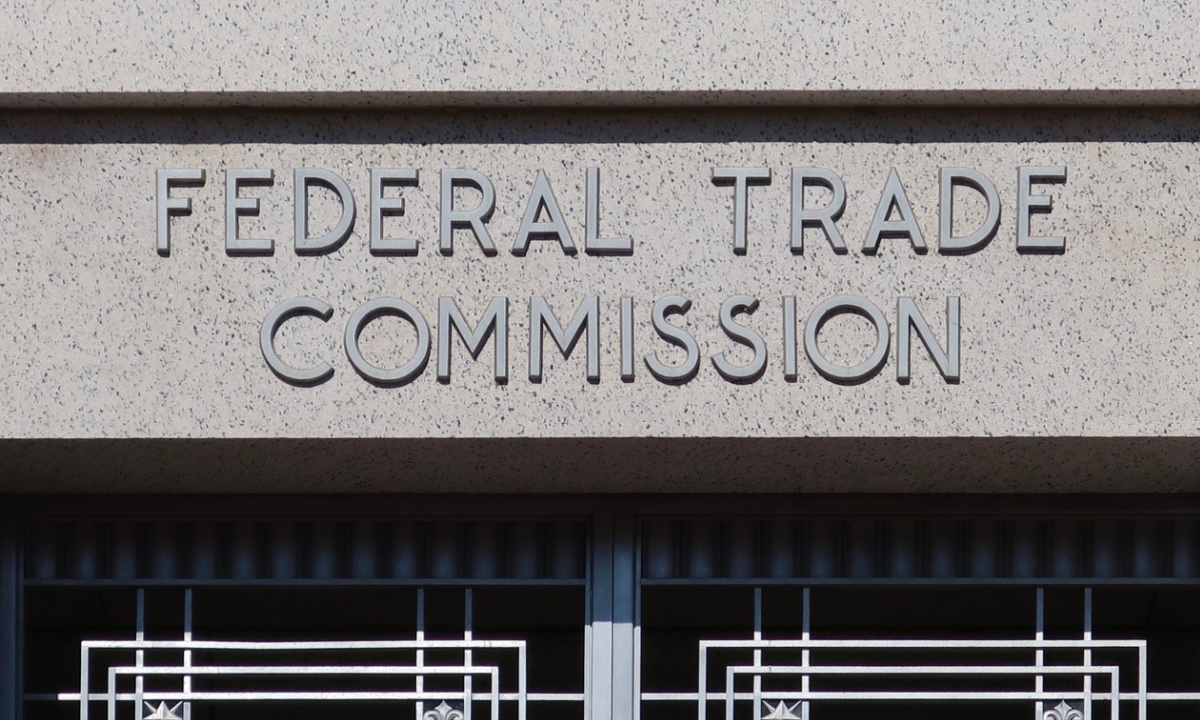
A federal judge in Texas has issued a ruling that prevents a new rule by the U.S. Federal Trade Commission (FTC) from taking effect. The rule, which was set to ban noncompete agreements commonly signed by employees, was scheduled to be implemented on September 4. The decision, handed down by U.S. District Judge Ada Brown, calls into question the FTC’s authority to enforce such broad restrictions on business practices.
Featured News
Google Sues Alleged China-Based Hackers Over Widespread Phishing Scheme
Dec 22, 2025 by
CPI
Europe Moves to Clarify What Counts as Personal Data
Dec 22, 2025 by
CPI
Larry Ellison Offers $40 Billion Guarantee as Paramount Renews Bid for Warner Bros
Dec 22, 2025 by
CPI
Google Sues Texas Firm Over Alleged Massive Scraping of Search Data
Dec 22, 2025 by
CPI
Italy Fines Apple Nearly 100 Million Euros Over App Store Practices
Dec 22, 2025 by
CPI
Antitrust Mix by CPI
Antitrust Chronicle® – CRESSE Insights
Dec 16, 2025 by
CPI
Learning from Divergence: The Role of Cross-Country Comparisons in the Evaluation of the DMA
Dec 16, 2025 by
Federico Bruni
New Regulatory Tools for the EU Foreign Direct Investment Screening and Foreign Subsidies Regulation
Dec 16, 2025 by
Ioannis Kokkoris
“Suite Dreams”: Market Definition and Complementarity in the Digital Age
Dec 16, 2025 by
Romain Bizet & Matteo Foschi
The Interaction Between Competition Policy and Consumer Protection: Institutional Design, Behavioral Insights, and Emerging Challenges in Digital Markets
Dec 16, 2025 by
Alessandra Tonazzi